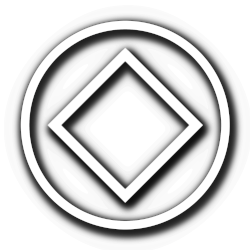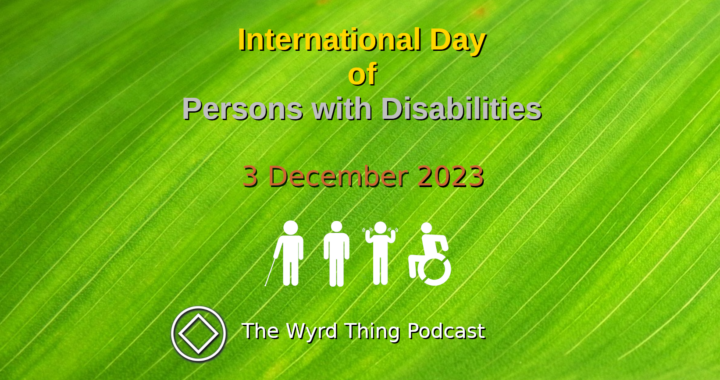Summary
Today is International Day of Persons with Disabilities. We call for action to achieve the Sustainable Development Goals (SDGs) for, with and by persons with disabilities.
Today is International Day of Persons with Disabilities. Our earthwide community counts more than 1.3 billion people with disabilities. This day draws attention to matters that have a harmful effect on their lives, with the aim to increase awareness and understanding.
Apartheid
Unfortunately, many of these 1.3 billion people experience discrimination in their societies and communities. On a daily basis, they have to deal with inequitable policies and to face a lack of access (and a lack of quality) of health care. This is an worldwide form of apartheid that isn’t spoken about enough!
Theme
The World Health Organization choose as theme for 2023: ‘To call for action to achieve the Sustainable Development Goals (SDGs) for, with and by persons with disabilities.’
No equal rights
In 2015 the United Nations agreed on 17 Sustainable Development Goals, which are the core of the wider ‘2030 Agenda for Sustainable Development’. No poverty (no. 1), good health and well-being (no. 3), gender equality (no. 5) and decent work economic growth (no. 8) are some examples of these goals. Examples that aren’t obvious rights – or even within reach – for many people with disabilities.
Also in rich West-European countries people with disabilities often struggle with poverty. Simply because many of our laws and regulations disfavour people with disabilities disproportionately.
UN Convention
The United Nations’ Convention on the Rights of Persons with Disabilities was signed in March 2007. This Convention intends to protect the rights and dignity of people with disabilities. Many countries immediately signed this treaty. The Netherlands was one of the ‘slower’ countries and signed it only in 2016, nine years later!
The Convention adopts a social model of disability, which separates the terms impairment (the dysfunctioning of the body) and disability (what happens if society isn’t accessible). Often this is explained like: “I have a disability, but I am disabled by this inaccessible society or community.”
Empathy
What would it be like to live without sight in a world that relies more and more on visual information only? What it is like to live without hearing in a world where (the vast majority of) people speak to communicate? How are you able to move yourself with a wheelchair or walker in a world with obstacles and stairs all over the place? And these are just some of the more obvious examples.
Most people can’t imagine how it is like to live with a disability. And that’s no problem, because it makes us human. And humans just can’t imagine things that are too far from their personal experience. In that case try to be empathetic. Being empathetic is making an effort to imagine yourself to be in someone else’s situation.
Heathen communities
As heathens, we know all about the importance to belong, to be part of a community. We know how to be empathetic and understanding, even though our experiences may differ.
Our communities ought to cherish all heathens who seek to join our fires. We need to welcome all heathens, with and without disabilities, to our hearth. That’s the honourable thing to do.
‘Okay, but how?’ You might wonder. Actually, that’s the easy part! As most people with disabilities are experts in their disability, they can explain exactly what they need to be able to participate. Most of the time they will ask for simple stuff, like an itinerary or gluten-free options. In good spirits you can discus their needs and your abilities to accommodate these.
Like to know more?
Listen to our previous episodes:
– Three ways to include Hodur, episode 12 with our special guest Richard
– Accessibility, episode 3

